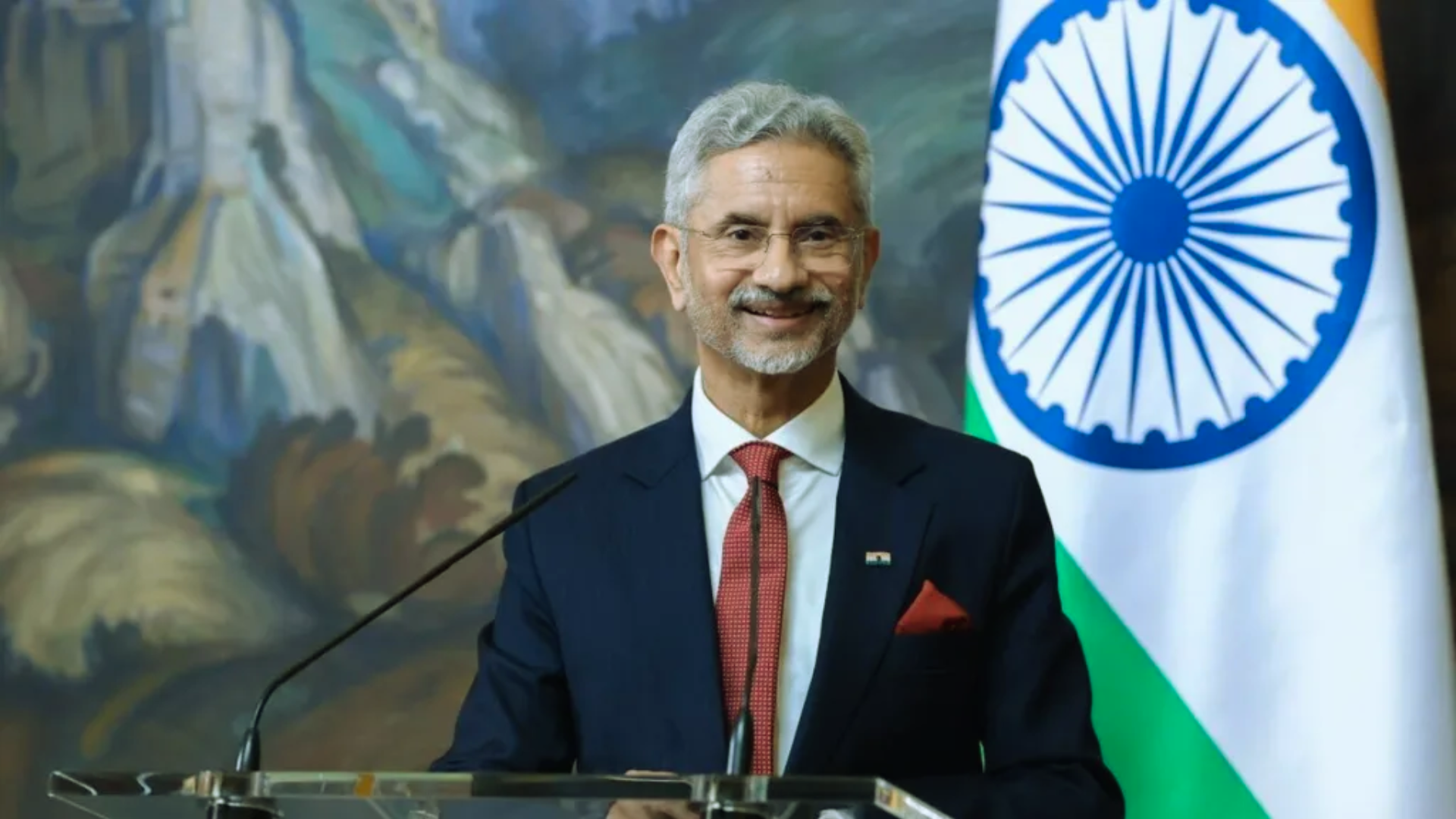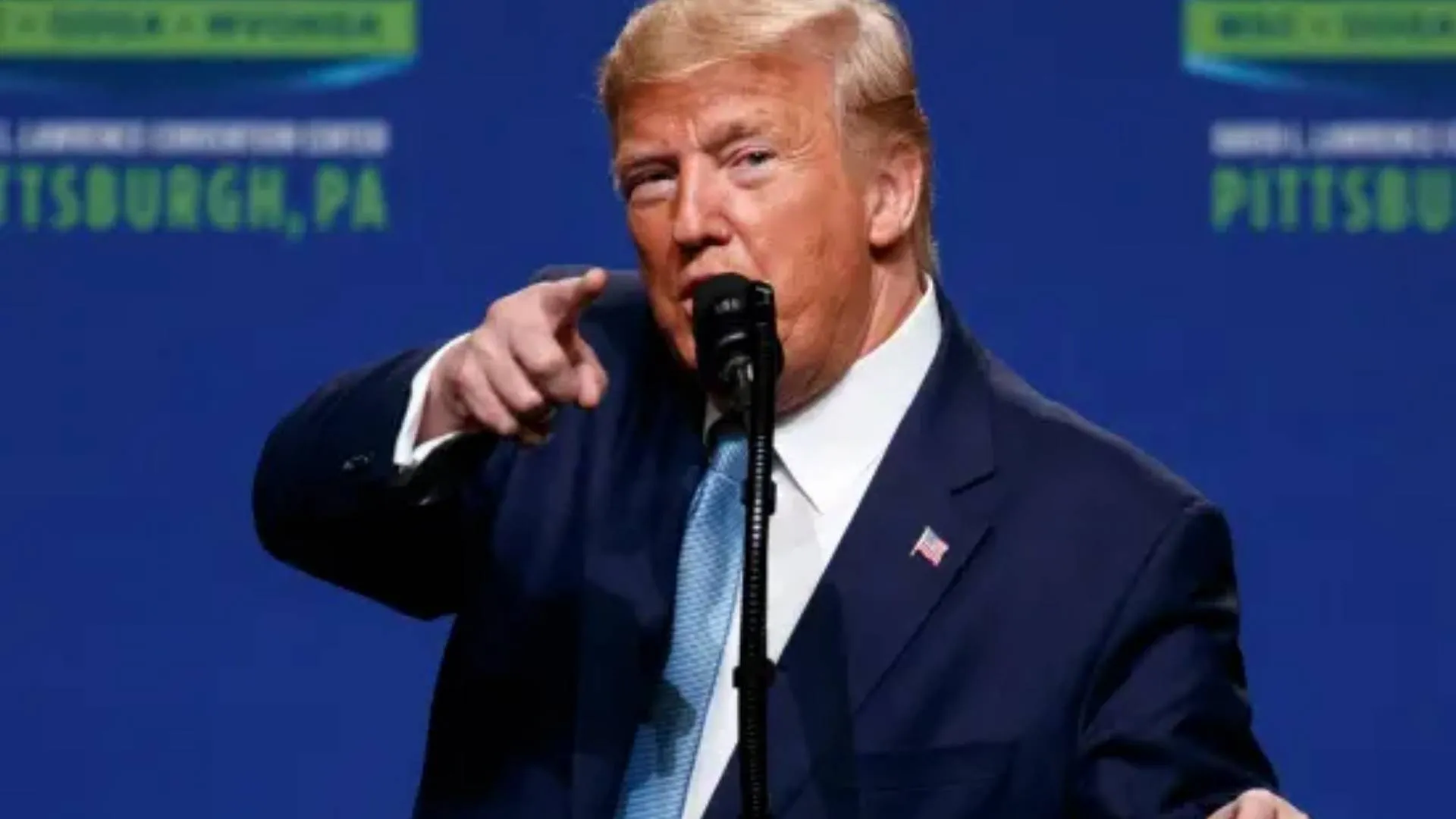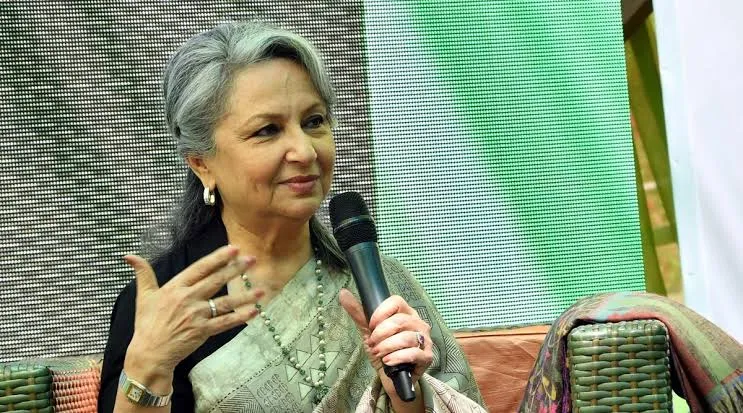External Affairs Minister S Jaishankar recently reflected on the monumental significance of the 1998 Pokhran nuclear tests under the NDA government led by Prime Minister Atal Bihari Vajpayee. Praising the decision as a crucial pillar of national security, Jaishankar emphasized its enduring impact on India’s defense infrastructure and anti-terrorism efforts.
In a statement posted on X, Jaishankar underscored the enduring legacy of the Pokhran nuclear tests, stating that the momentous decision had since ensured the country’s national security. He further highlighted the current NDA government’s commitment to building upon this foundation, robustly countering terrorism, and strengthening border infrastructure.
“The country must know who stands where when it comes to National Security issues. Our political choices are eventually choices about the future of Bharat,” Jaishankar added, emphasizing the critical importance of prioritizing national security in political decision-making.
This day in 1998, an NDA Government finally exercised India’s nuclear weapon option. That momentous decision has since ensured our National Security.
Advertisement · Scroll to continueThe current NDA Government has built on that foundation, robustly countering terror and building our border infrastructure.
The…
— Dr. S. Jaishankar (Modi Ka Parivar) (@DrSJaishankar) May 11, 2024
The Pokhran nuclear tests, conducted twenty-six years ago on May 11 and 13, 1998, marked a significant milestone in India’s defense capabilities. Under the leadership of Prime Minister Atal Bihari Vajpayee, the NDA government conducted the Shakti series of nuclear tests at the Pokhran range in Rajasthan’s desert.
The tests comprised five detonations, including advanced weapon designs, demonstrating India’s nuclear prowess and strengthening its strategic deterrence capabilities. The successful tests included a 45 kt thermonuclear weapon, a 15 kt fission device, and a 0.2 kt sub-kiloton device, among others.
The Atomic Energy Commission (AEC) provided technical briefings on the tests, confirming the estimated yields and reaffirming the success of the thermonuclear test conducted on May 11, 1998. This confirmation further solidified India’s position as a nuclear power and underscored its commitment to national security.
Jaishankar’s remarks serve as a reminder of the pivotal role played by the Pokhran nuclear tests in shaping India’s defense strategy and strengthening its security infrastructure. As India continues to navigate complex geopolitical challenges, the legacy of the Pokhran tests remains integral to its defense doctrine and strategic vision for the future.






















